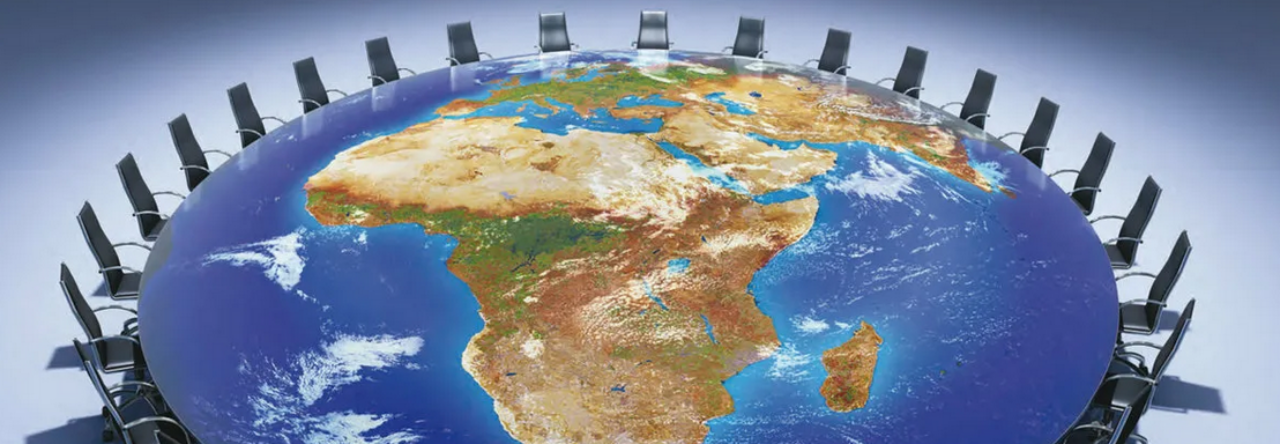The Art of Diplomacy: Letting Others Have Your Way
Cory Leonard: The Art of Diplomacy
The Art of Diplomacy: Letting Others Have Your Way
Cory Leonard is assistant director at the David M. Kennedy Center for International Studies where he directs strategic communications, alumni and external relations, and events.
PRE-VIEWING TASKS
Discuss the following:
- The presentation is called “The Art of Diplomacy: Letting Others Have Your Way”. How do you understand this title? What do you think it is going to be about?
- In his talk, the speaker mentions three films where diplomats are shown: Argo, The Interpreter, Madam Secretary. Search on the Internet what these films are about and tell the rest of the group. Have you seen any of these films?
- Do the vocabulary task. Match a word and its definition.
| hard news | a. a person who is sent to deliver an official message, especially from one country to another, or to perform a special task | |
| blabbermouh | b. to make oneself popular with smb | |
| to broker peace/compromise | c. a situation where there is contention between two sides, but progress is impossible because neither side is able to win or give in | |
| to endear oneself to somebody | d. a person who tells secrets because they talk too much | |
| people person | e. to arrange the details of an agreement, especially between different countries | |
| diplomatic stalemate | f. a person who enjoys, and is good at, being with and talking to other people | |
| emissary | g. the circumstances of a recent event or incident of general local, regional, national or international significance |
WHILE-VIEWING TASKS
Cory Leonard talks about three pillars of diplomacy: history, culture, and people. In his talk, he follows the pattern “claim-reason(s)-evidence”. While you listen, complete the template below with some key words to be able to reproduce the speaker’s argumentation.
Claim:
There are three skills that you can develop to master the art of diplomacy and let others have your way.
Reason 1: diplomats know their history.
Development: history provides perspective, …….
Evidence: ……
Reason 2: diplomats master cultural nuances.
Development: ……
Evidence: ……
Reason 3: diplomats are people persons.
Development: ……
Evidence: ……
POST-VIEWING TASKS
1. Give an extended answer to the question:
How does understanding of history help master the art of diplomacy?
In you talk, use the following expressions:
- based on historical understanding
- to provide different perspectives and opportunities
- to think in the context of time
- to understand things in a longer timeframe
- critical insights and ideas
- to use a skill to one’s advantage
- to broker compromise
2. In pairs, discuss the following questions:
— The speaker suggests several definitions of diplomacy. Which one is his favourite? Which one appeals to you most?
— What is your opinion of simulation games as a teaching method? Do you have that in some of your classes? If not, would you like to? Do you think they could be applicable to any subject?
3. Cory Leonard mentions the Shanghai Communique to illustrate that knowledge of cultural and linguistic nuances helps settle most intricate issues. As part of your home task, do some research to find more examples of the kind. Besides, search for the examples of diplomatic faux pas caused by inability to understand the cultural aspect of the foreign country.
